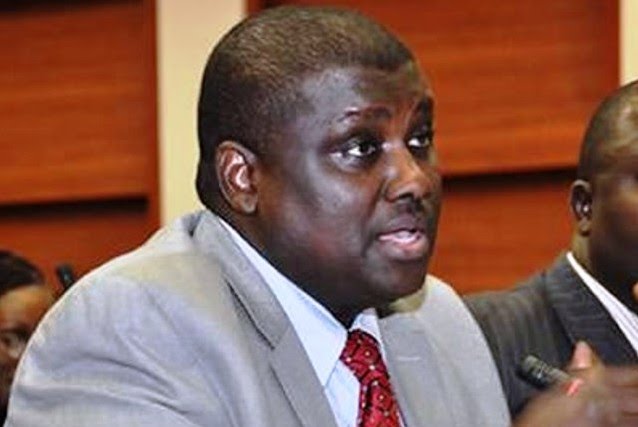
Justice Okon Abang of the Federal High Court, Abuja, on Monday, November 25, 2019, granted bail to former chairman, Pension Reform Task Team, Abdulrasheed Maina, in the sum of N1billion.
The Economic and Financial Crimes Commission, EFCC, is prosecuting Maina on 12-count charge of forgery, money laundering and stealing to the tune of N2billion.
Since his arraignment on Friday, October 25, 2019, Maina has been in the custody of the Nigerian Correctional Service, Kuje, Abuja, pending the determination of his bail application.
At the resumed hearing on the bail application today, Maina’s counsel, Ahmed Raji, SAN, produced a signed written address, in which he stated that the offences which his client was charged are bailable. However, prosecution counsel, M.S Abubakar, in a counter-affidavit argued that Maina should be denied bail, given that the defendant posed serious threat to national security.
However, the court in its ruling, noted that “under Section 36 of the 1999 Constitution, the 1st defendant is presumed to be innocent until proven guilty.”
According to Justice Abang, “No matter how seemingly serious, no matter how seemingly grave, heinous or questionable offences committed by the 1st defendant, the defendant is still entitled to the presumption of innocence until proven guilty as enshrined in the constitution.”
He therefore granted bail to Maina in the sum of N1billion and N500 million respectively from two sureties he is to provide. The sureties, the judge stated, must be serving Nigerian senators, who own properties in Asokoro or Maitama, and who shall also sign undertaking that would bind them to be with the defendant in court at all times, adding that where at least one of the sureties was not in court, the bail shall be revoked.
Justice Abang further ruled that Maina must deposit his international passports, which include: America International Passport, Nigeria International Passport and Diplomatic Passports, (if any, either expired or valid).
He adjourned the matter until November 26, 2019, for ruling on admissibility of evidence sought to be tendered by the prosecution and continuation of trial.





